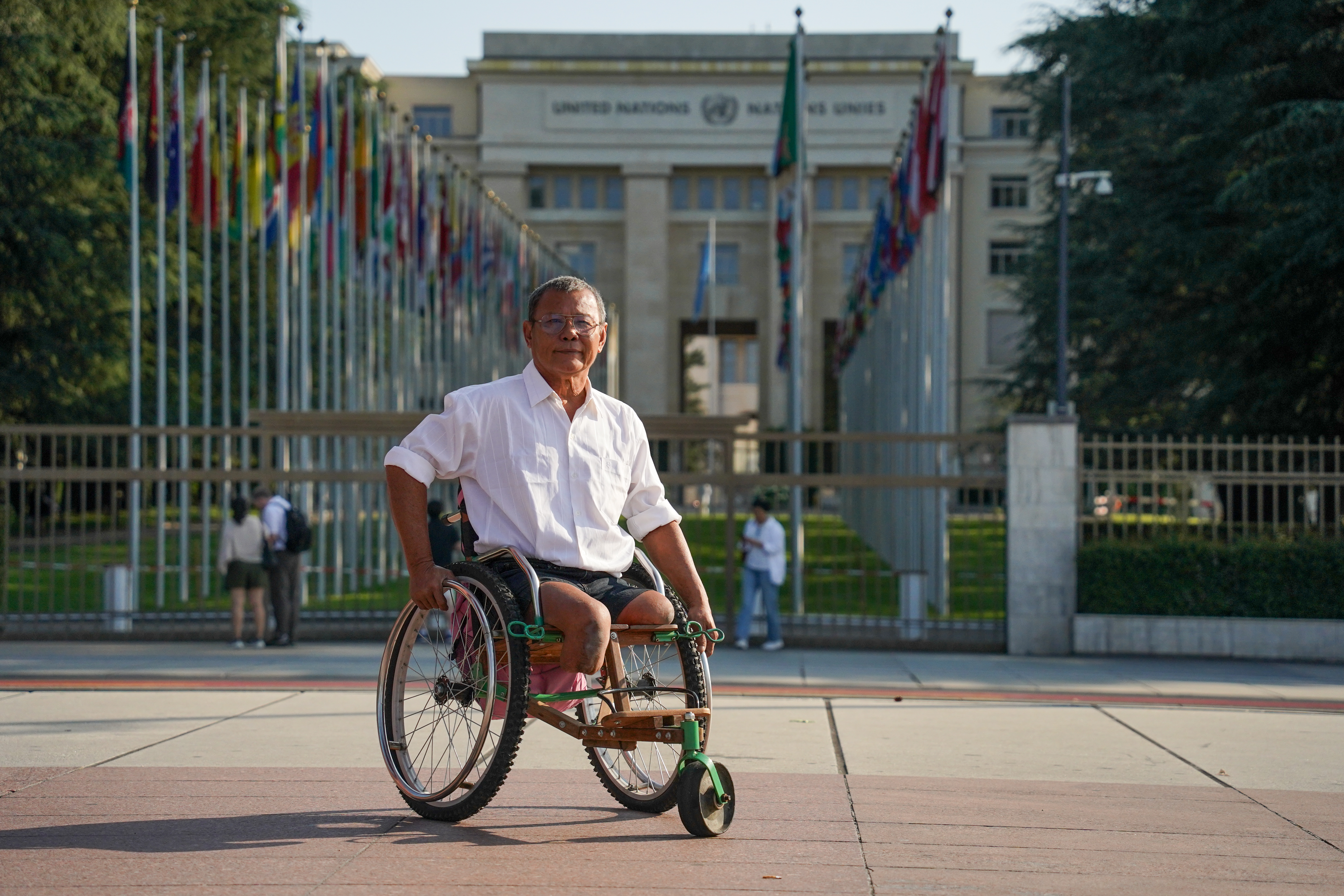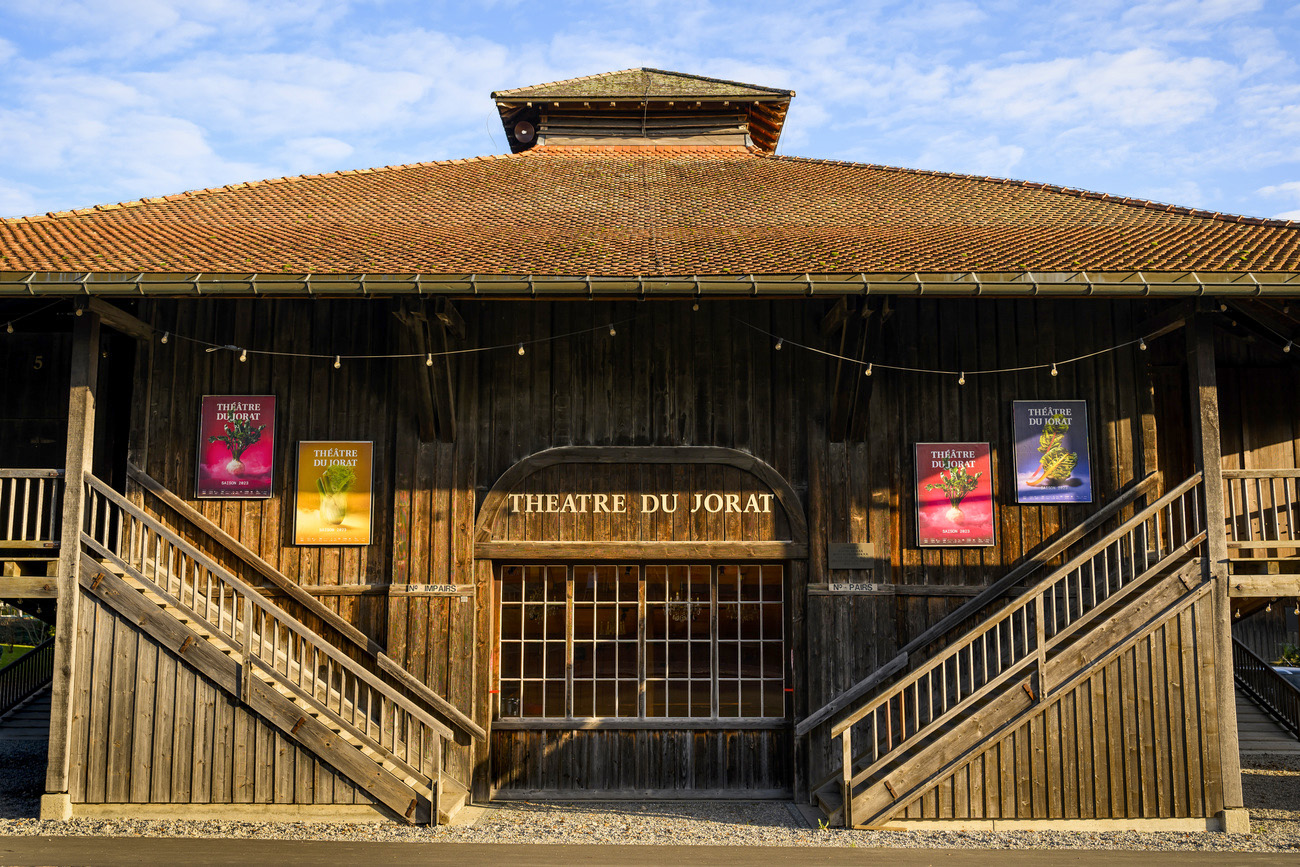
Serb administrators take lessons in efficiency from Swiss municipalities

Sixty officials from seven Serbian cities have completed a course in Switzerland aimed at helping Serbia to decentralise and streamline its local government structure. The Swiss government has funded the programme.
During their one-week course, the Serb officials – from deputy majors to water purification specialists, engineers and architects dealing with building permits – had the chance to observe their Swiss counterparts at work.
The programme, designed by the Swiss Institute of Economics and Business Administration (SIB), took the visitors to Zürich, Winterthur and Glarus.
The participants had undergone training in Serbia earlier this year, financed by the Swiss Agency for Development and Cooperation (SDC). The SDC programme, funded with SFr7 million ($4.2 million) over two to three years, is aimed at supporting Serbia’s efforts to make local government structures more efficient and grass-roots based.
Following a day’s work experience in the administration of Glarus, a town of 5,500 inhabitants in the Linth valley 50 kilometres southeast of Zürich, the deputy major of the Serb town of Uzice, Slavko Lukic, was impressed. “With only a very limited number of employees [Glarus] is able to fulfil the needs of its citizens.”
The city departments
The Serb administrators, who are from the towns of Cacak, Kraljevo, Kursumlija, Nis, Novi Pazar, Pozega and Uzice, were led through five municipal departments during their visit to Glarus on Tuesday. They visited the offices of residents’ registration, social security, registry, building permits, waste disposal, and the town’s job centre.
The mayor of Glarus and the group’s host during the visit, Heinrich Aebli, took part in training courses in Serbia related to the SDC programme. Talking of Serbia’s second city, he recalled: “Nis has about the same size as Zürich, but whereas the Zürich office for building permits has a total of five people, the equivalent in Nis employs 75 architects alone.”
The problem, Aebli says, is that as in many other formerly socialist countries, the Serb administrators not only supervise building, but are involved in the actual construction too. Devising a re-structuring programme with his counterparts in Nis, Aebli advised that five architects be retained, and 70 organised in groups that would work for the municipality during an interim period, but change into independent architectural firms competing against each other at a later stage.
Market-oriented approaches are now welcome in Serbia, says Lukic, who was elected during the democratic opposition’s landslide victory last year. “People are aware that economic logic must replace the heavy weight of political influence – they accept the risks involved.”
Throughout the visit to Glarus, the faces of Lukic and his colleagues lit up whenever they recognised a municipal strategy designed to influence citizens’ behaviour through economic incentives, such as having to pay for the town’s waste disposal by using taxed rubbish bags.
How many workers?
The questions raised by the visitors in the meetings with their Swiss counterparts were practical. The one asked most frequently was the number of employees assigned to do a given job.
An architect with the department of town planning in Kraljevo, Katarina Naumovic, said property developers found it difficult to cope with building zones in Serbia, which tended to overlap. “We can learn from you”, she told her counterpart in Glarus, “because you have just one zone, and what’s more, you have procedures for adapting building zones according to changed needs.”
Naumovic said she took away from the visit in Switzerland the conviction that changing Serb laws was as important as improving municipal efficiency. In Serbia, much of the property was leased from the government, “and in these cases I cannot help the needs of citizens, because only private owners of buildings are allowed to apply for alterations or development”.
In an interview with swissinfo, Aebli said that what Serb administrators needed most was practical experience, learning to do tasks more efficiently. And that’s what they got in the SDC-sponsored programme. “I’m convinced that given the necessary financial means, Serbia will turn into one of the most progressive nations in eastern Europe”, Aebli, who knows several formerly communist countries, said.
The optimism was echoed by many of the visitors, who praised the training programme without exception. “Civil servants were closed from the rest of the world for such a long time that many have no clue how to do their job in a modern era”, said Aleksandra Milenkovic, an economist with the Development Aid Coordination Unit of Serbia’s Ministry of International Economic Relations. “First and foremost, will have to change their minds, to teach them how to ask and solve problems for themselves.”
by Markus Haefliger

In compliance with the JTI standards
More: SWI swissinfo.ch certified by the Journalism Trust Initiative



































You can find an overview of ongoing debates with our journalists here . Please join us!
If you want to start a conversation about a topic raised in this article or want to report factual errors, email us at english@swissinfo.ch.